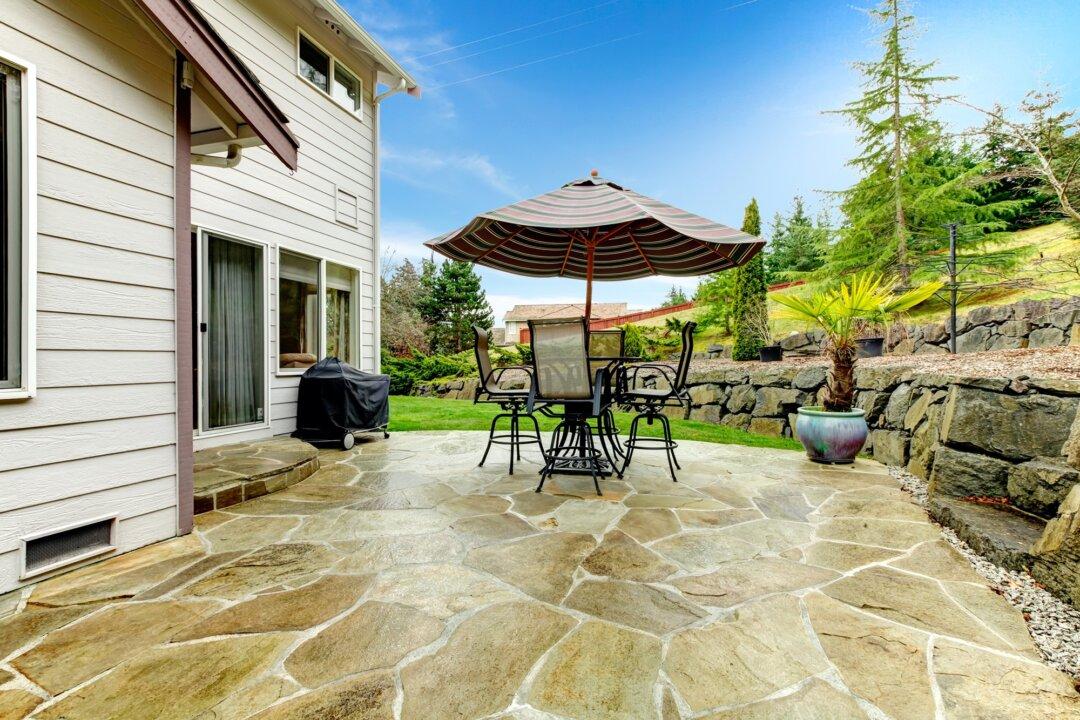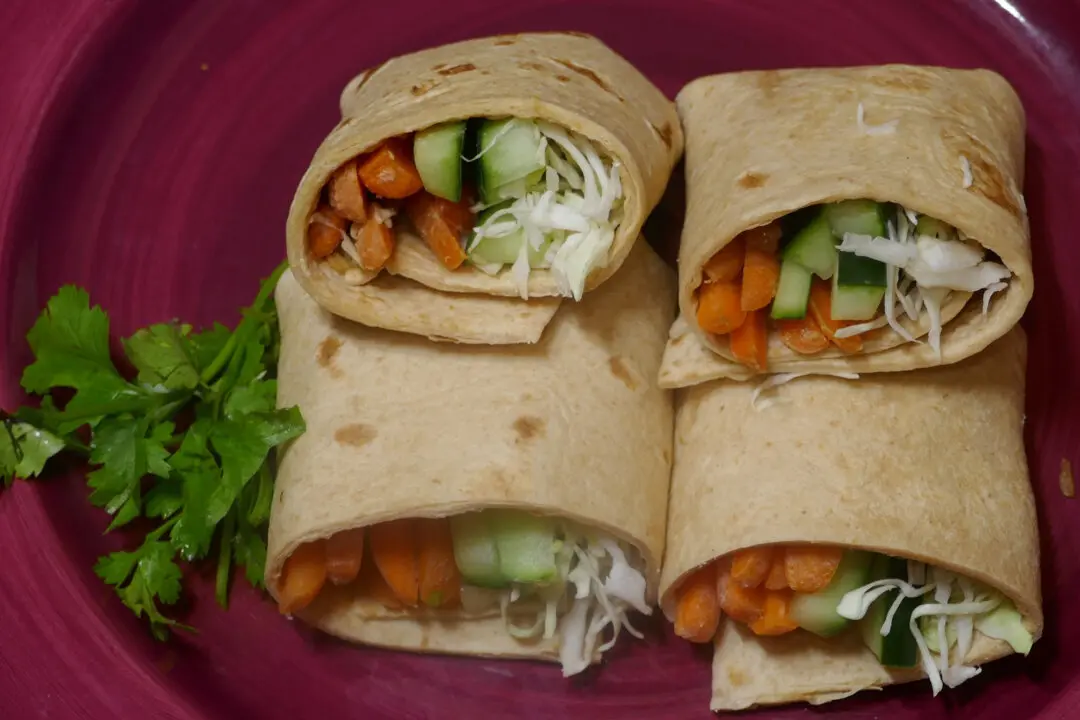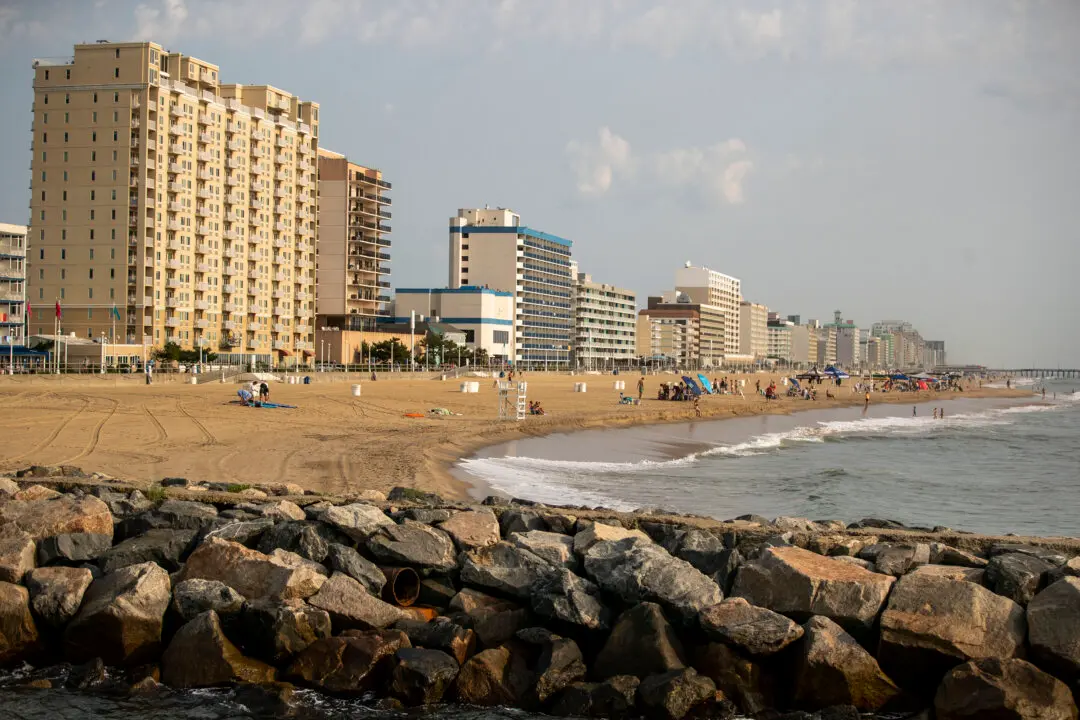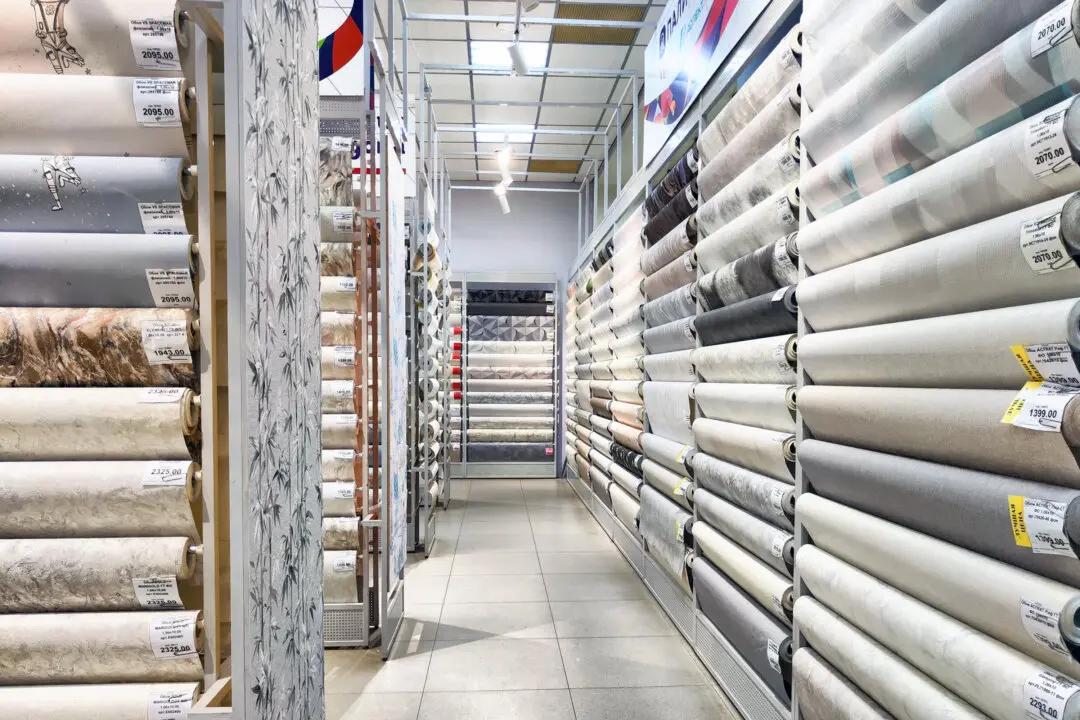By Paul F. P. Pogue
From Ask Angi
Patios make a great addition to any home for outdoor entertaining, relaxing under the stars or just plain hanging out. But you want to be sure to install a quality patio that will last a long time. Here’s a rundown of what you need to know.






